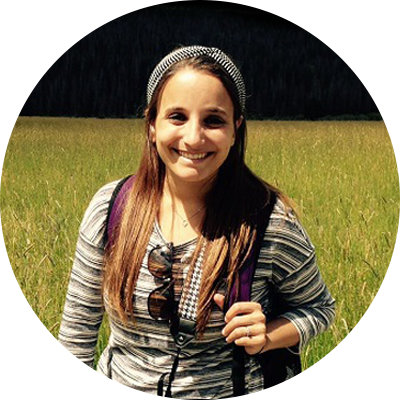This Supermarket Has the World's First Plastic-Free Aisle
Ekoplaza replaced the packaging of over 700 products with recyclable glass, metal, and cardboard containers.
Out of the 300 million tons of plastic produced annually, only 10 percent gets recycled. So, what happens to the rest?
There are hundreds of millions of tons of plastic in landfills, which are expanding more each day as more trash comes in. Rainwater mixes with the plastic, creating toxic chemicals which seep into groundwater, soil, and streams - poisoning the water that animals and fish need to survive, destroying ecosystems and harming wildlife. In a landfill, it can take over 1,000 years for plastic to decompose.
Plastic that is littered flows from streams to rivers, to oceans where it may be sucked into a vortex of trash. Ocean water has trapped millions of pieces of plastic debris. There are five massive plastic gyres in the world’s seas. Sea-life mistake the brightly colored plastic for food and eat it, causing them to feel full. They then cannot eat, as their stomachs are filled with plastic, and they starve to death.
Ekoplaza, a supermarket in Amsterdam, has created an official plastic-free aisle. They have gone plastic-free on over 700 items, replacing plastic with glass, metal, and cardboard containers, as well as innovative biodegradable materials which look like plastic but are made from trees and plants. This unique material can even break down in your home composter.
Ekoplaza plans to expand their plastic-free aisle to all 74 of their supermarkets by the end of the year. “Plastic-free aisles are an important steppingstone to a brighter future for food and drink,” said Ekoplaza chief executive Erik Does in a statement.
Companies around the world are jumping on the plastic-free bandwagon. Most recently, Starbucks announced that they will be eliminating plastic straws by 2020. These small steps will have a huge global impact, and will hopefully influence others around the world.
YOU MIGHT ALSO LIKE:
5 Bio-Degradable Plastic Companies for a Greener Future
200 Countries Join Forces to Reduce Plastic Waste
Scientists accidentally created a 'plastic-eating' enzyme







